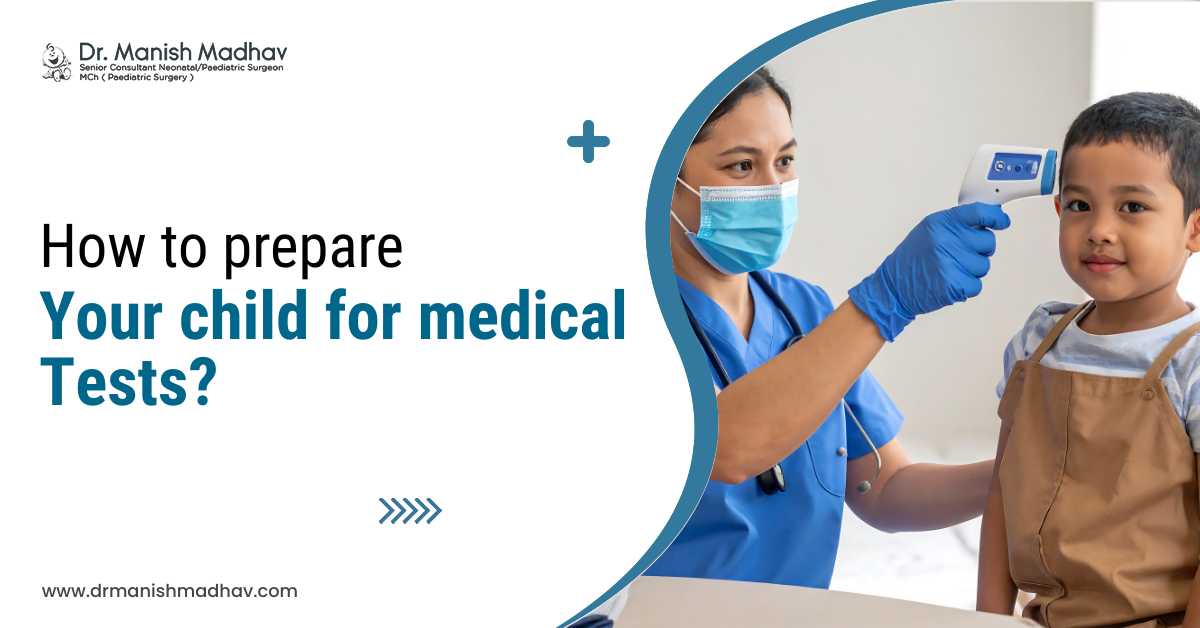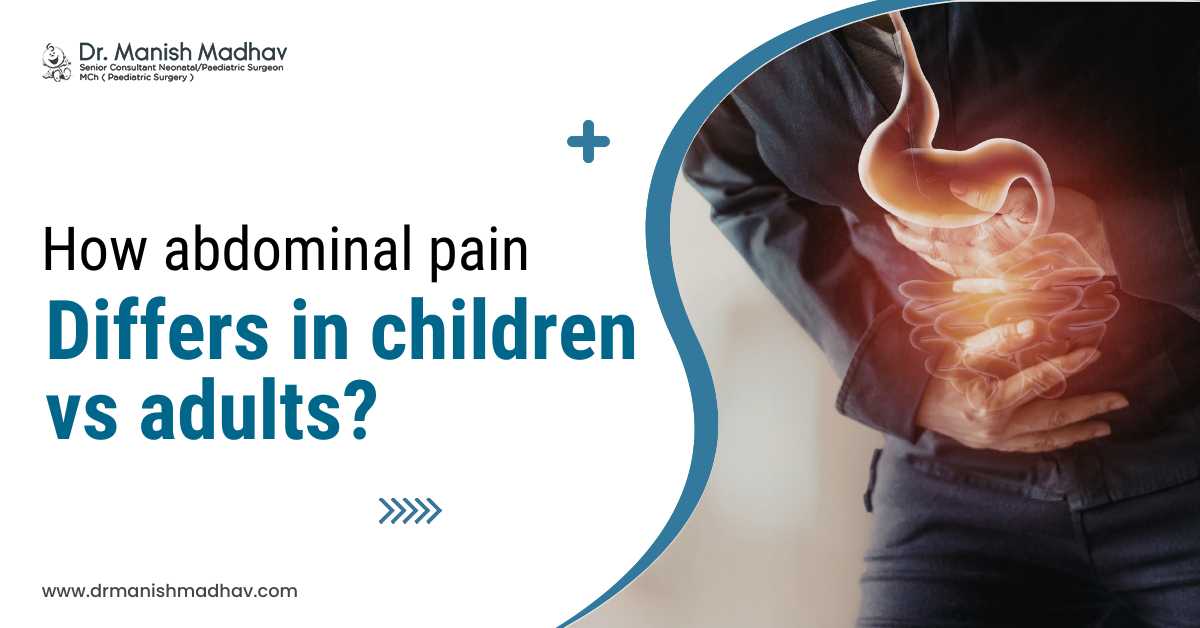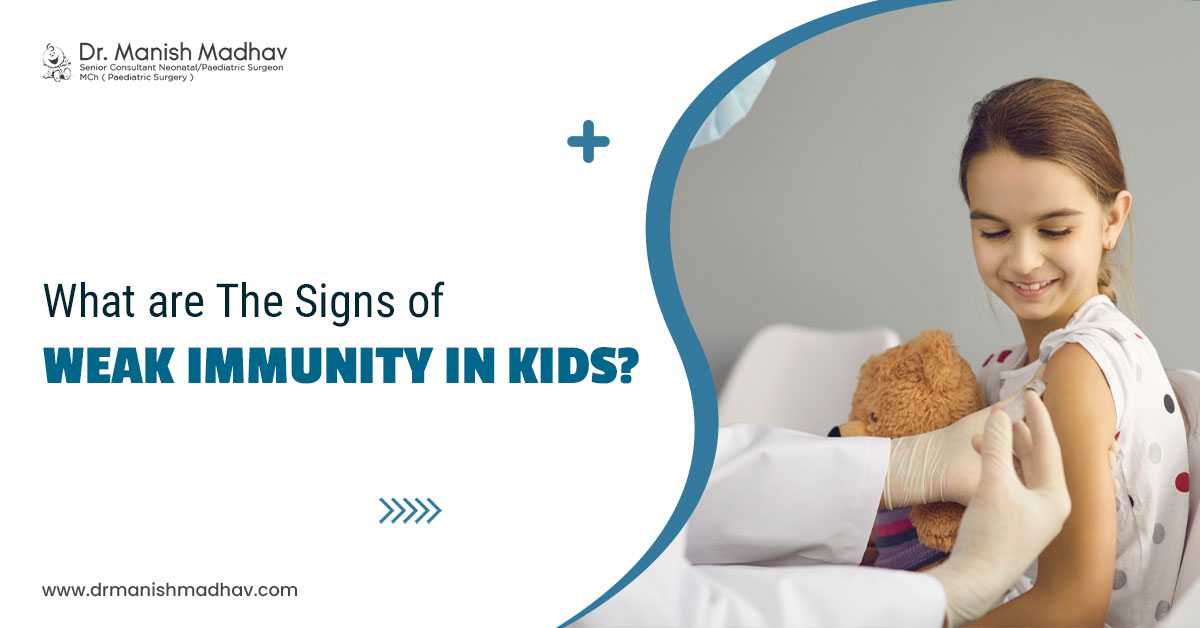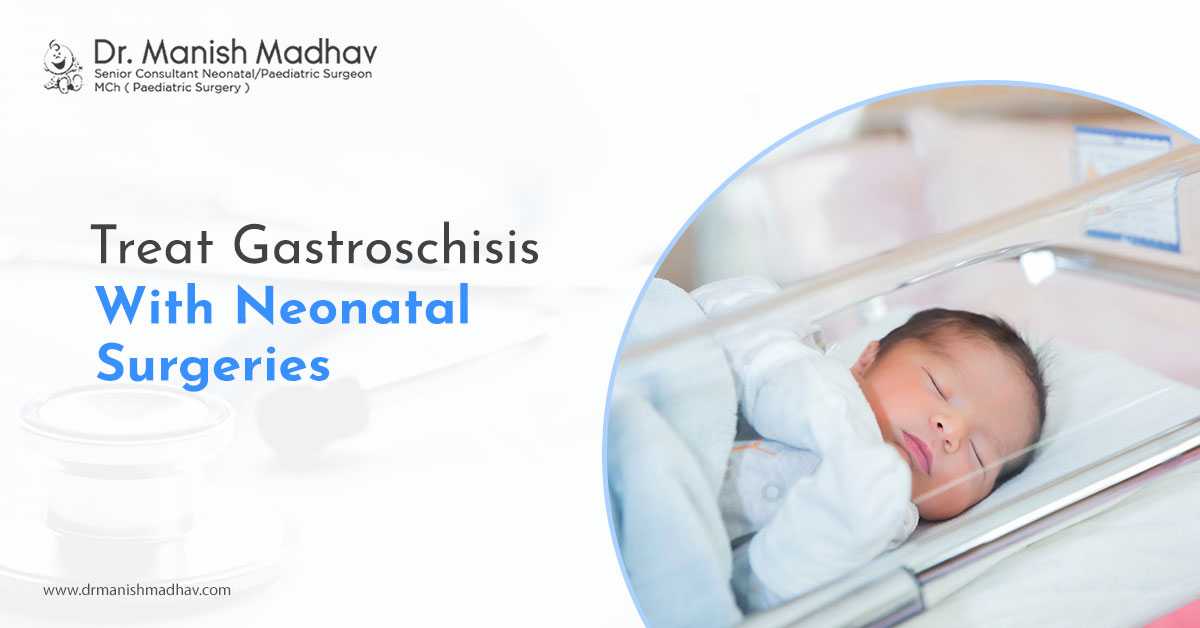Neonatal care defines medical assistance for newborns. Babies need specific attention. This support prevents health concerns in your babies. Such medical helping hand by a pediatrician ensures better health improvements, reducing the risks of complications. This blog shares insight into gastroschisis - a birth defect.
Gastroschisis refers to a hole present in the abdominal wall in which the intestines are visible outside. It’s a birth defect in babies. In order to relieve the adverse effects, the importance of immediate surgery is immense. Neonatal surgeries in Siliguri under the best pediatric surgeon look after your babies’ well-being.
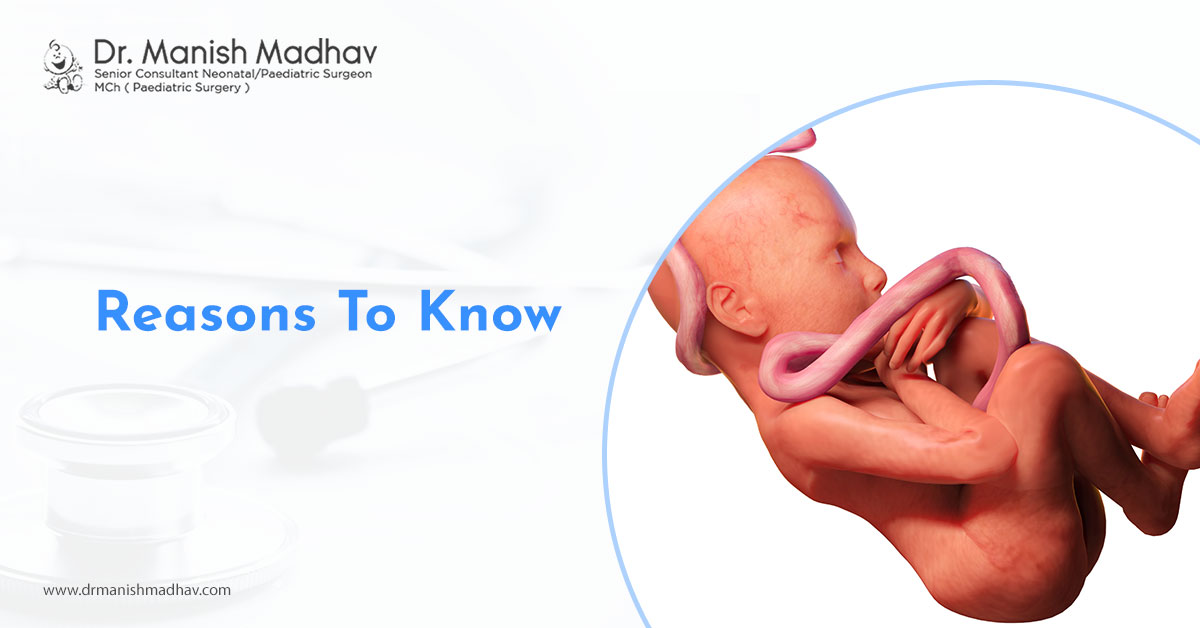
What Leads to Gastroschisis?
Much remains unknown about the exact cause of gastroschisis. This condition is likely to develop due to genetic/chromosomal abnormalities or environmental factors. Environmental concerns can be food/drink choices or medicinal intake during pregnancy.
Certain factors that uplift the likelihood of gastroschisis involve:
- Early maternal age
- Exposure to cigarette smoke
- Malnutrition during pregnancy
- Alcohol abuse during pregnancy
Several reports published similar or distinct opinions. However, still, no root cause has been exposed by medical teams. But it’s of importance that expectant mothers should be aware of their lifestyle choices, such as what they eat, drink, or their medicinal intake. It’s best to consult a doctor prior to receiving any supplements or meds/over-the-counter meds.
What are the Symptoms of Gastroschisis?
Doctors on routine health monitoring may identify the dispute. Therefore, during pregnancy, make sure you do not miss routine screening. But the symptoms are not prominent enough to be understood by you.
Given below are signs of gastroschisis that appear on prenatal ultrasound:
- Twisted, swollen intestines
- Too much low body temperature/hypothermia
- Lump in the abdomen
Besides intestines, other organs may stick out too, such as – the bladder, ovaries, testes, uterus, gallbladder. The risks of gastroschisis can be alarming. From trouble breathing to trouble feeding, this condition includes several complications. Bowel obstruction is another significant result of this birth defect.
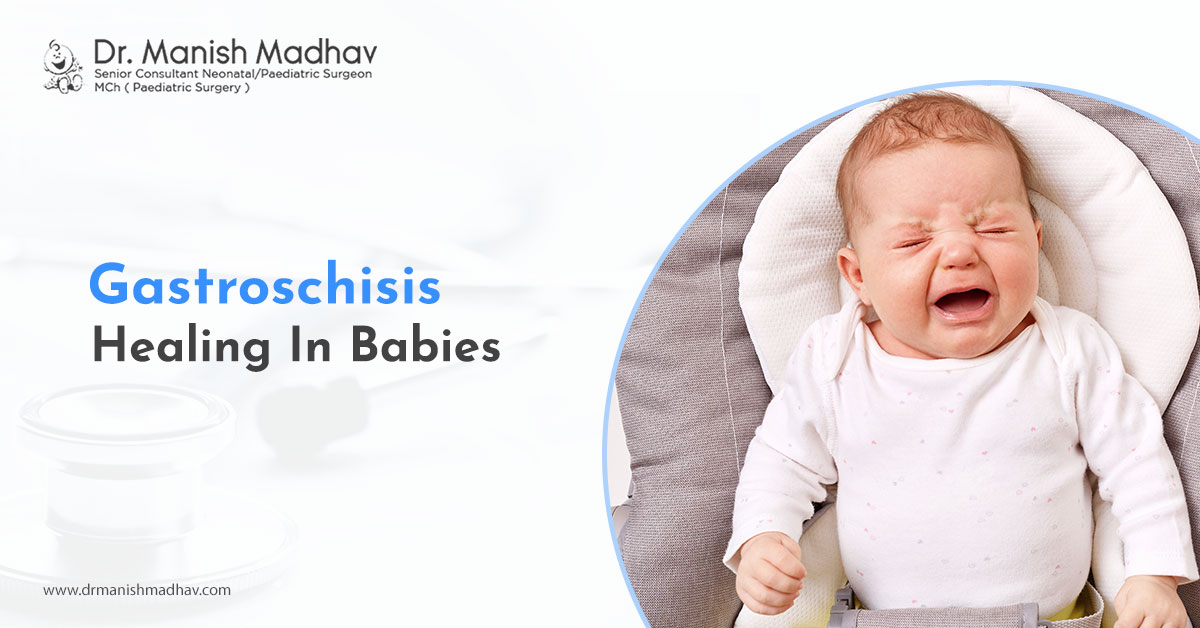
Diagnosis and Medical Care
Parental screening/ultrasound helps rule the condition. In other instances, you get to know once the baby is born. The following are tests/diagnostic procedures:
- An ultrasound involves sound waves to help show the picture of your baby inside the uterus. Fetal ultrasound ensures if there’s ectopic pregnancy, the gestational age, baby’s development, etc.
- MRI/magnetic resonance imaging test gives an image of the placenta, plus if there are any abnormalities in the baby’s brain, lungs, airways, spine, and abdomen.
- Blood screening to examine the level of a protein called alpha-fetoprotein and other substances present in the blood.
Medical care for gastroschisis entails surgical intervention. If the condition is mild to moderate, a surgeon operates an immediate procedure to put the organs back into place. For a complicated situation, a pediatric surgeon performs the surgery in stages so as to steer of further complications, called staged repair.
This gastroschisis may cause premature birth, missing intestine parts, or narrow intestines. If you want to reduce the possibility of such birth defects, healthy lifestyle choices can only help. Refrain from substance dependency, stress, and unhealthy eating habits. In addition, you mustn’t miss medical appointments as suggested by your expert.

